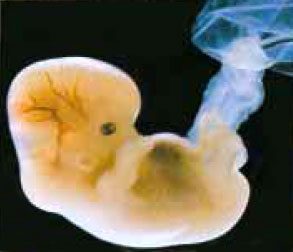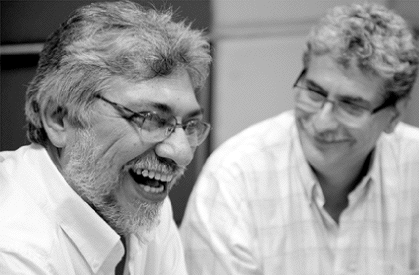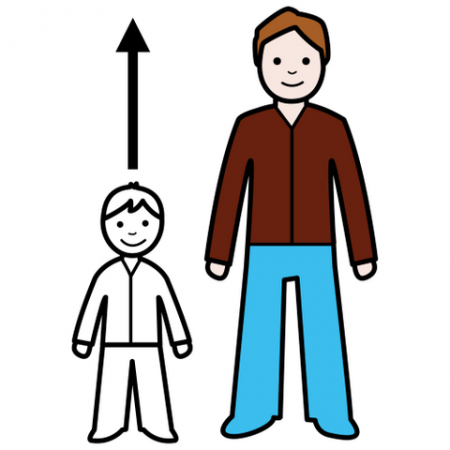 Embryology is the science that deals with the study, formation and development of embryos.
Embryology is the science that deals with the study, formation and development of embryos.
The study of this begins from when the fertilization of the ovum by the sperm occurs, giving rise to the formation of the egg or zygote, until the moment of the birth of the living being. Once all the main structures and organs have been generated, the embryo will be called a fetus.
Among the main contributions made by embryology are: filling the gap that exists between prenatal development and obstetrics, providing important knowledge about the beginning of human life and the different modifications that occur while prenatal development occurs, provides answers to understand the causes of why certain variations in human structure, explains abnormal and normal relationships.
Three branches are distinguished within embryology: comparative embryology (compares the embryos of living beings), chemical embryology (offers concrete chemical bases regarding orthogenic development) and modern embryology (developed recently, at the beginning of the 21st century, it is related to sciences such as genetics, medicine and biochemistry).
It should be noted that embryology is closely linked to disciplines such as anatomy and histology and very especially to the teratology which is that discipline that focuses on the study of congenital malformations of the embryo, mainly, the latter linked to genetic factors on the one hand and on the other hand with environmental causes that alter the normal development of the embryo.









